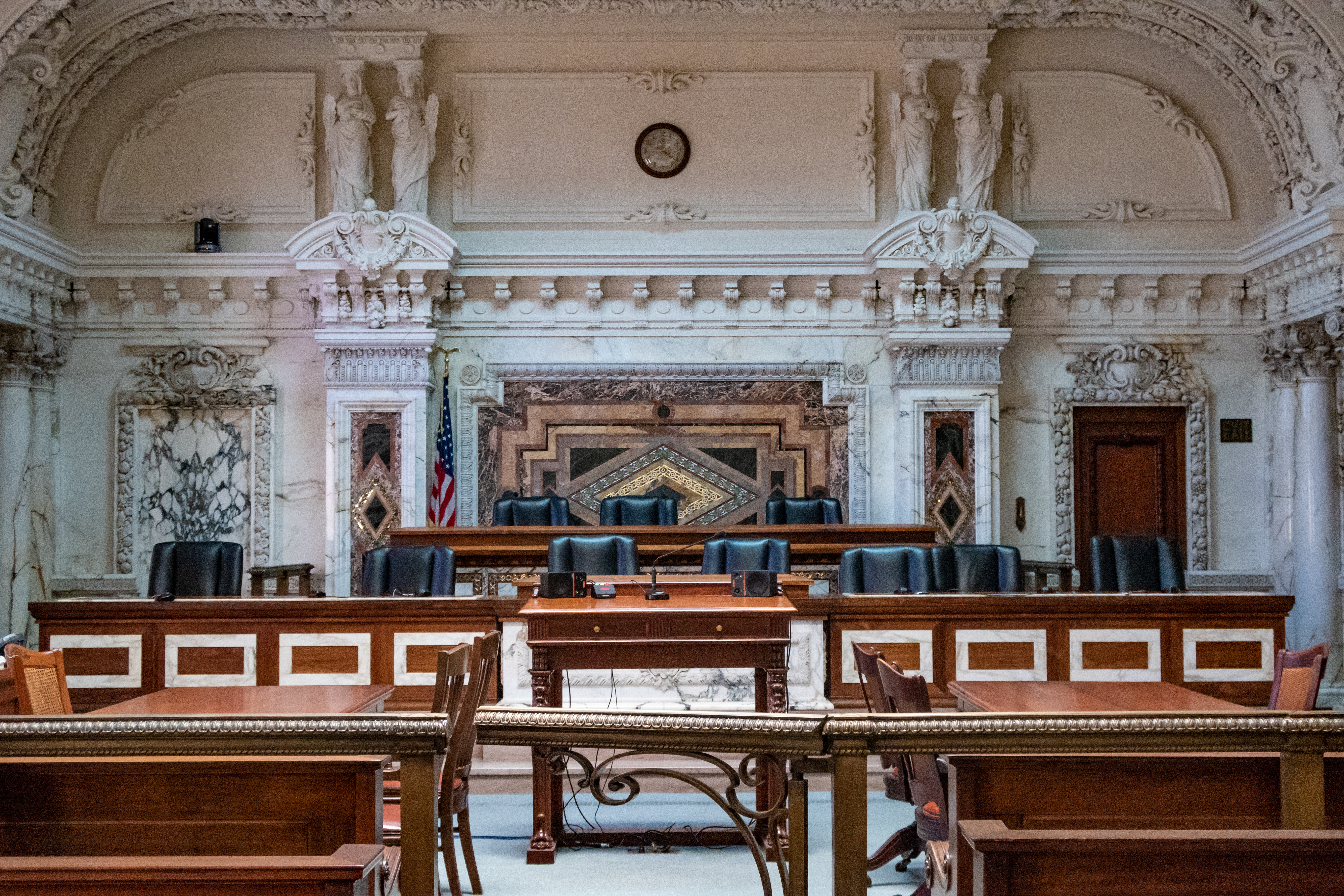It’s been five years since the U.S. Supreme Court’s Wayfair decision gave tax jurisdictions the power to require out-of-state companies collect and remit sales tax. Those governments jumped on the chance of such revenue and continue to do so.
Some facets related to economic nexus are changing in certain states – sometimes for the better for remote sellers, sometimes for the worse.
From SCOTUS to ‘patchwork’
In June 2018, the Supreme Court’s narrow decision in South Dakota v. Wayfair, Inc. et al determined that an out-of-state seller could establish “nexus” through just economic activity. States then soon set individual economic nexus triggers according to in-state sales, revenue or both ($100,000 per year in sales in a state, for example, or 200 or more separate transactions).
Wayfair was the fruition of a long-time effort by brick-and-mortar sellers to level the field with remote sellers. But the latter then had to evaluate changing tax responsibilities under economic nexus thresholds and physical presence standards.
States have generated $30 billion in sales tax take from remote sellers in just one recent year, according to the U.S. Government Accountability Office. Of the 45 states with a statewide sales tax, the most recent to institute economic nexus were Florida and Missouri (NOMAD state Alaska might join them soon).
(See a history of sales tax here.)
Part of the endless scramble comes from states and local jurisdictions setting – and frequently changing – their nexus thresholds.
“Businesses reported that they incurred software costs to expand their multistate tax collection capabilities, audit and assessment costs associated with increased tax jurisdiction exposure, and costs to stay current with legal requirements in multiple jurisdictions,” reads the GAO report “Remote Sales Tax: Federal Legislation Could Resolve Some Uncertainties and Improve Overall System,” issued late last year.
“An accepted principle of equity is that similarly situated taxpayers should receive similar treatment,” the report reads. “GAO found that post-Wayfair multistate sellers must grapple with the patchwork of different requirements across the taxing jurisdictions with which they have economic nexus, whereas brick-and-mortar sellers generally must grapple only with the requirements of the jurisdictions in which they are physically located.”
Easing off?
With an eye to easing the sales tax burden for smaller retailers, some 20 states have lowered their transaction thresholds. South Dakota, for example, is removing the 200-transaction threshold; only those selling $100,000 or more into the state will be required to register and collect and remit sales tax.
The birth-state of Wayfair joins California, Colorado, Iowa, Maine, North Dakota, Washington and Wisconsin in eliminating transaction-based nexus thresholds. (Some states never adopted one.)
As of Aug. 1, Louisiana’s threshold will also be only $100,000 of sales into the state and not 200 transactions besides. Also effective on that date, the $100,000 threshold for marketplace facilitators will be based on gross revenue for retail sales into the state of tangible personal property, products transferred electronically or services. Resale and wholesale transactions will no longer count.
A new breed of sales tax?
One of the trickiest recent wrinkles in online selling isn’t being called a tax – at least by some – but a delivery fee.
Retailers, online marketplaces and services must now charge a 27-cent delivery fee if an order will be delivered to a Colorado address using a motor vehicle and includes at least one item subject to that state’s sales or use tax. Proponents say it brings in extra revenue and helps pay to mitigate the environmental effect that deliveries have. Opponents, including many in the business community, call the fee a flat-out tax that they must eat to avoid losing customers.
Colorado apparently listened and is exempting retailers whose sales of tangible personal property, commodities or services in the state in the previous year totaled $500,000 or less. The fee does go up a penny in July.
Minnesota has enacted legislation for a 50-cent retail delivery fee, effective July 1, 2024. The Minnesota legislation resembles Colorado’s in self-accruing the tax and exempting small sellers and will entail similar complexities as well, such as determining when exemptions apply, seeking to achieve compliance on marketplace sales and invoicing for the fee (if so elected).
The “delivery fee” (New York is considering its own, too) could be the big post-Wayfair trend in sales tax.
Five years on and sales tax obligations might be getting easier in some states – but certainly no simpler anywhere.
Let TaxConnex manage the burden of keeping up with all the changes and challenges that come with staying compliant. Contact us to learn what it means when sales tax compliance is all on us.






.png?width=1200&height=628&name=2023%20logo%20with%20SOC%20and%20clearly%20rated%20(2).png)